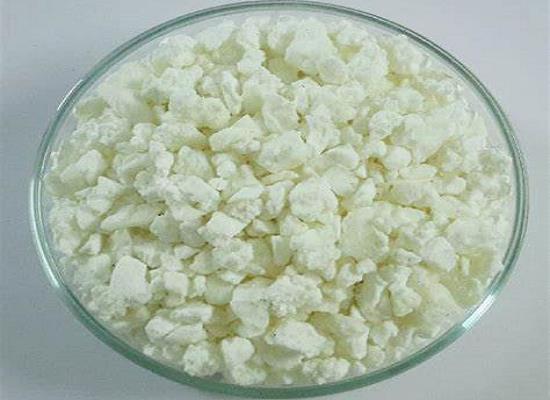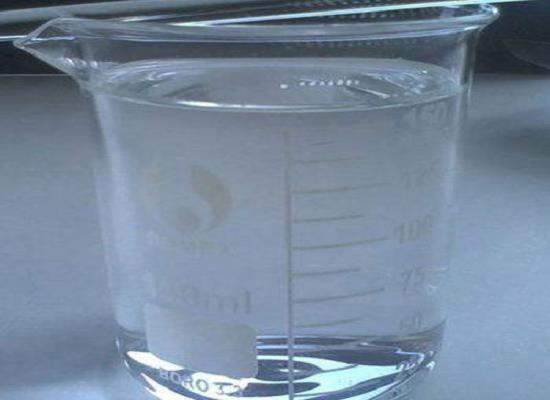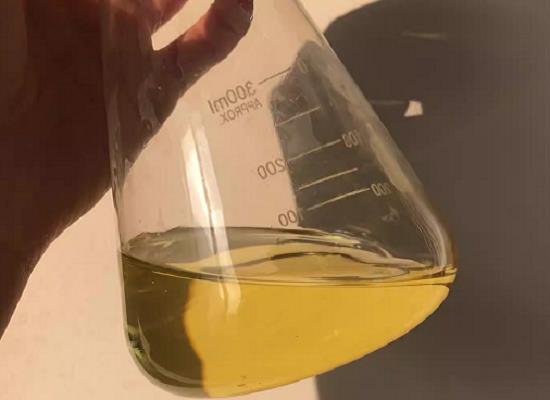Active Pharmaceutical Ingredients (API), popularly speaking, are the raw materials of medicines, only pharmaceutical raw materials are processed into pharmaceutical preparations , can they become medicines available for clinical use, so drugs we usually eat are the finished drugs through processing. Active Pharmaceutical Ingredients based on its sources can be divided into two major categories ,including chemical synthetic drugs and natural chemical drugs. Chemical synthetic drugs can be divided into organic synthetic drugs and inorganic synthetic drugs. Inorganic synthetic drugs are inorganic compounds ( very few is element), such as aluminum hydroxide, magnesium trisilicate which are used for the treatment of gastric and duodenal ulcers ; organic synthetic drugs are mainly composed of drugs made by basic organic chemical raw materials, through a series of organic chemical reactions (such as aspirin, chloramphenicol, caffeine, etc.). Natural chemical drugs ,based on its sources,can be divided into two categories including biochemical drugs and plant chemical drugs. Antibiotics are generally made by the microbial fermentation, which belongs to the biochemistry category. A variety of semi-synthetic antibiotics occurs in recent years,which are biosynthesis and chemical synthesis combining products.Among active Pharmaceutical Ingredients, the organic synthetic drugs varieties, yields and values have the largest proportion,which are the main pillars of the chemical and pharmaceutical industries. The quality of active Pharmaceutical Ingredients decides whether the formulation is good or bad , so its quality standards are very strict ,countries in the world have developed national pharmacopoeia standards and strict quality control methods for its widely used active Pharmaceutical ingredients.
Bis-(sodium sulfopropyl)-disulfide: properties, applications and safety
Bis-(sodium sulfopropyl)-disulfide is a versatile compound with reactive properties. It is soluble in water and finds applications in research and industry.
Sep 13,2023 APITungsten trioxide: photocatalytic properties and applications in antibiotics removal
Tungsten trioxide is an efficient photocatalyst, generating hydroxyl radicals for the degradation of antibiotics in wastewater.
Sep 13,2023 APIMethyl benzenesulfonate: properties and applications
Methyl benzenesulfonate is a yellow liquid with excellent water solubility and stability. It is used in ethylene polymerization, methylation of 3-methylxanthine, and preparation of thin films.
Sep 12,2023 API2-Iodobenzoic acid: properties and applications in organic synthesis
2-Iodobenzoic acid is a versatile compound used in organic synthesis for various reactions.
Sep 11,2023 APIMethyl nonafluorobutyl ether: properties, applications and safety
Methyl nonafluorobutyl ether has properties like stability, low viscosity, and electrical insulation. It is used in the design of switchable acoustic demultiplexers.
Sep 11,2023 APICyclopropyl carbinol: properties, applications in organic synthesis and safety
Cyclopropyl carbinol is a slightly yellow liquid used in organic synthesis. Caution is required due to its flammability and potential irritation.
Sep 11,2023 APIIodotrimethylsilane: properties and applications in organic synthesis
Iodotrimethylsilane is a versatile compound used in organic synthesis for introducing iodine atoms and forming carbon-carbon bonds. It also cleaves bonds, dealkylates ethers, and modifies nucleosides.
Sep 8,2023 APIApplication and toxicity of Chromium(VI) oxide
Chromium(VI) oxide has a wide range of applications, but it is highly toxic.
Sep 7,2023 API2,2'-Bis(trifluoromethyl)benzidine: properties, applications and safety
2,2'-Bis(trifluoromethyl)benzidine is a versatile compound used in resin synthesis and pollutant adsorption. It has unique reactivity and valuable properties but is highly toxic.
Sep 7,2023 APIWhat is Trenbolone?
Trenbolone is a synthetic anabolic-androgenic steroid.It can be used to gain a lot of lean muscle and strength, but it also has many side effects
Sep 6,2023 API










